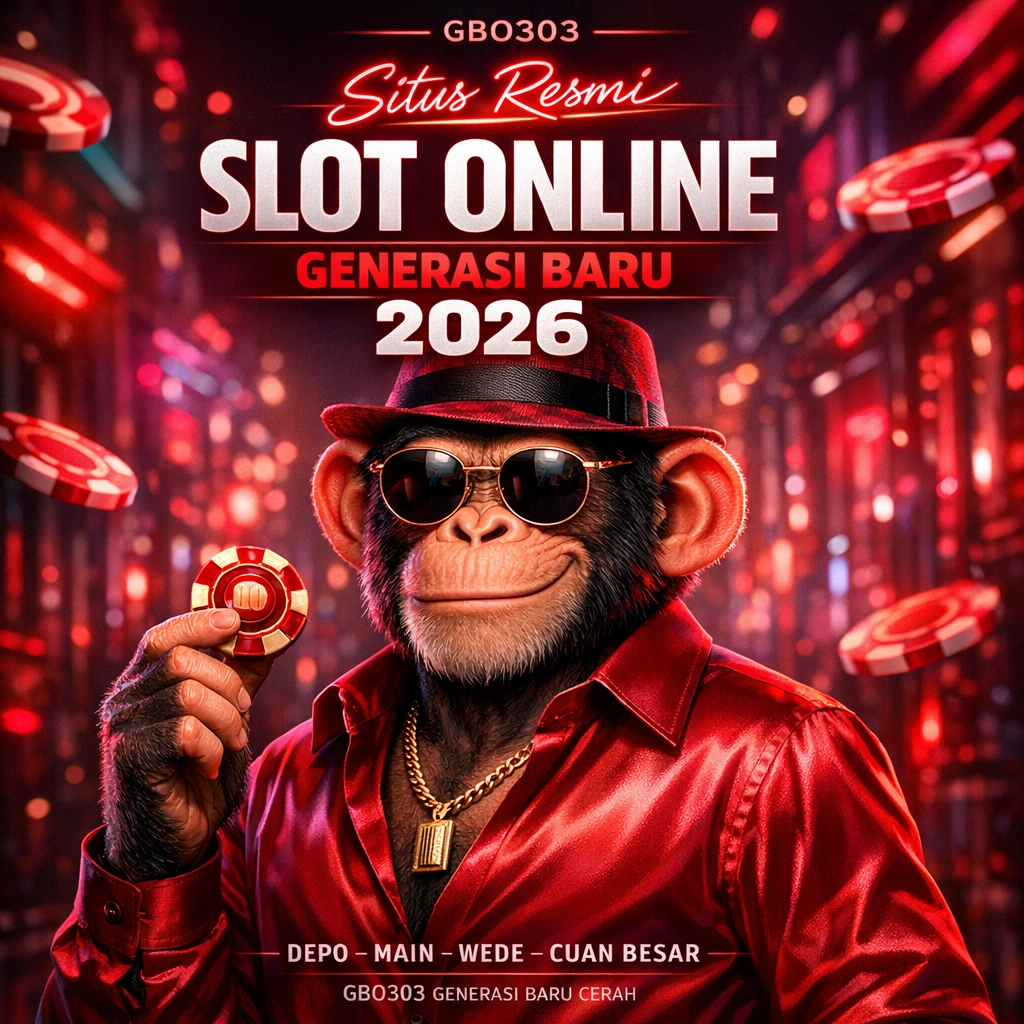GBO303 adalah situs slot online generasi baru 2026 yang resmi dan aman, menawarkan pengalaman bermain modern dan terpercaya. Di halaman Youth Development, pemain dapat menemukan rekomendasi permainan slot terkini, panduan bermain aman, serta akses cepat untuk menikmati slot online dengan nyaman setiap hari.
GBO303 | Situs Slot Online Generasi Baru Resmi & Aman 2026
GBO303 | Situs Slot Online Generasi Baru Resmi & Aman 2026
43,038 sales
Slot Online Gacor
Tell us what you think!
We'd like to ask you a few questions to help improve ThemeForest.

